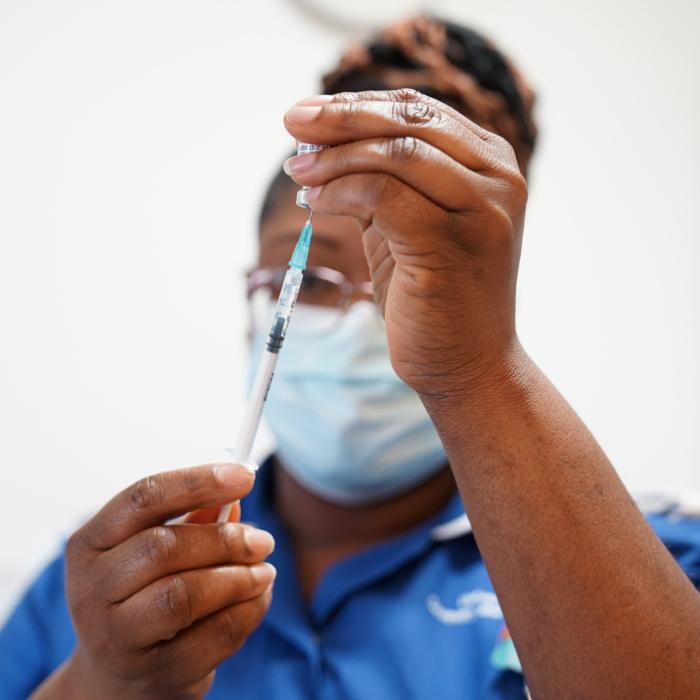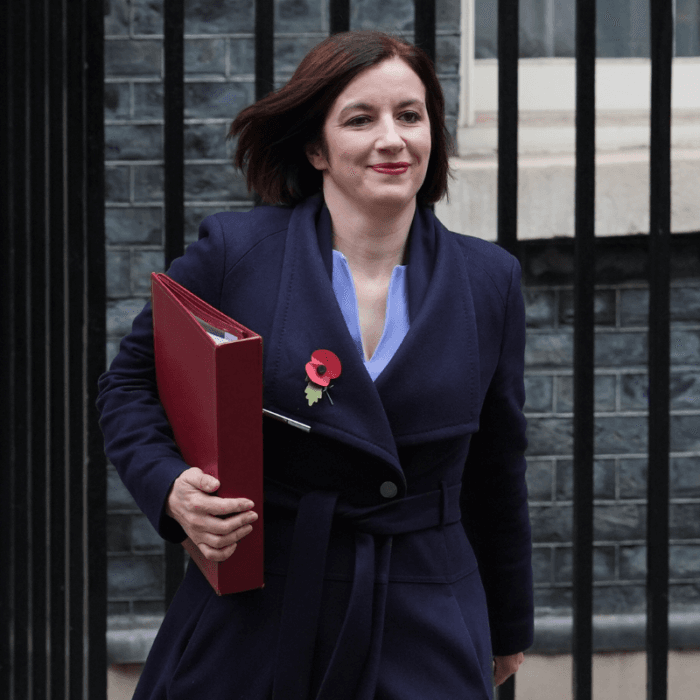The number of applicants for medical courses has fallen by 3.3 percent on last year, Universities and Colleges Admissions Service (UCAS) data show.
UCAS said that the decline can be mainly attributed to the falling number of 18-year-olds from the UK applying, with 11,300 applicants, down from 11,750 last year.
Overall, the admissions service said that “this year’s decline in medicine applicants represents a continuing trend of falling numbers since the peak demand for healthcare courses seen during the pandemic.”
Most courses on UCAS have a deadline of Jan, 29, 2025, for next academic year, but healthcare courses such as veterinary, medicine, and dental programmes—as well as applications for Cambridge and Oxford—have an earlier October 2024 deadline.
‘Concerning’
There was, however, a small increase in home mature students (classified as being aged 21 and over) applying for medicine, which was part of a wider trend of more mature students applying for university by the early deadline.Applications for early deadline courses—for all domiciles and ages—had increased overall by 1.3 percent.
Commenting on the figures, UCAS’s Chief Executive Jo Saxton CBE said she was pleased to see the increase in applications, “especially among mature students,” and added, “Medicine remains a competitive subject with many more applications than available places, even with the decline in applicants seen in recent years, following the peak demand during the pandemic.”
Dr. Latifa Patel, representative body chairwoman and workforce lead of the British Medical Association, echoed Saxton’s observations that medical school places remain competitive, but added, “It’s concerning that we are seeing fewer people applying—especially at a time when the Government’s ambition, and NHS’s need, is to increase the number of doctors in our medical workforce.”
Demand from 18-Year-Olds Falls
While the number of mature applicants had increased by 3 percent on last year, the number of UK 18-year-olds applying for all early-deadline and Oxbridge courses had fallen by 0.9 percent, with there being 38,940 applicants to 39,310 this time last year.Nick Hillman, director of the Higher Education Policy Institute (HEPI), told the PA news agency said that these figures are important “because it suggests the recent downturn in demand for higher education is a trend, rather than just a blip.”
Last month, a report from HEPI had suggested that a downturn in applications from home 18-year-old applicants in the last two admission rounds could signal a trend of declining participation which, when coupled with a shrinking youth population, could see university student numbers fall.
Tuition Fees
On Monday, the Labour government made the decision to raise home tuition fees for the first time in eight years.From April 2025, undergraduate students in England will pay a maximum of £9,535 a year, rising in line with inflation and increasing £285 per academic year.
Secretary of State for Education Bridget Phillipson told members of Parliament that the increase was needed to “fix the foundations” and “secure the future of higher education.”
Shadow education secretary Laura Trott criticised the move and noted that the proposals were not included in Labour’s election manifesto.
“We are now in a situation whereby students will suffer from the first inflationary increase in a number of years, at a time when students can least afford it,” Trott said.







